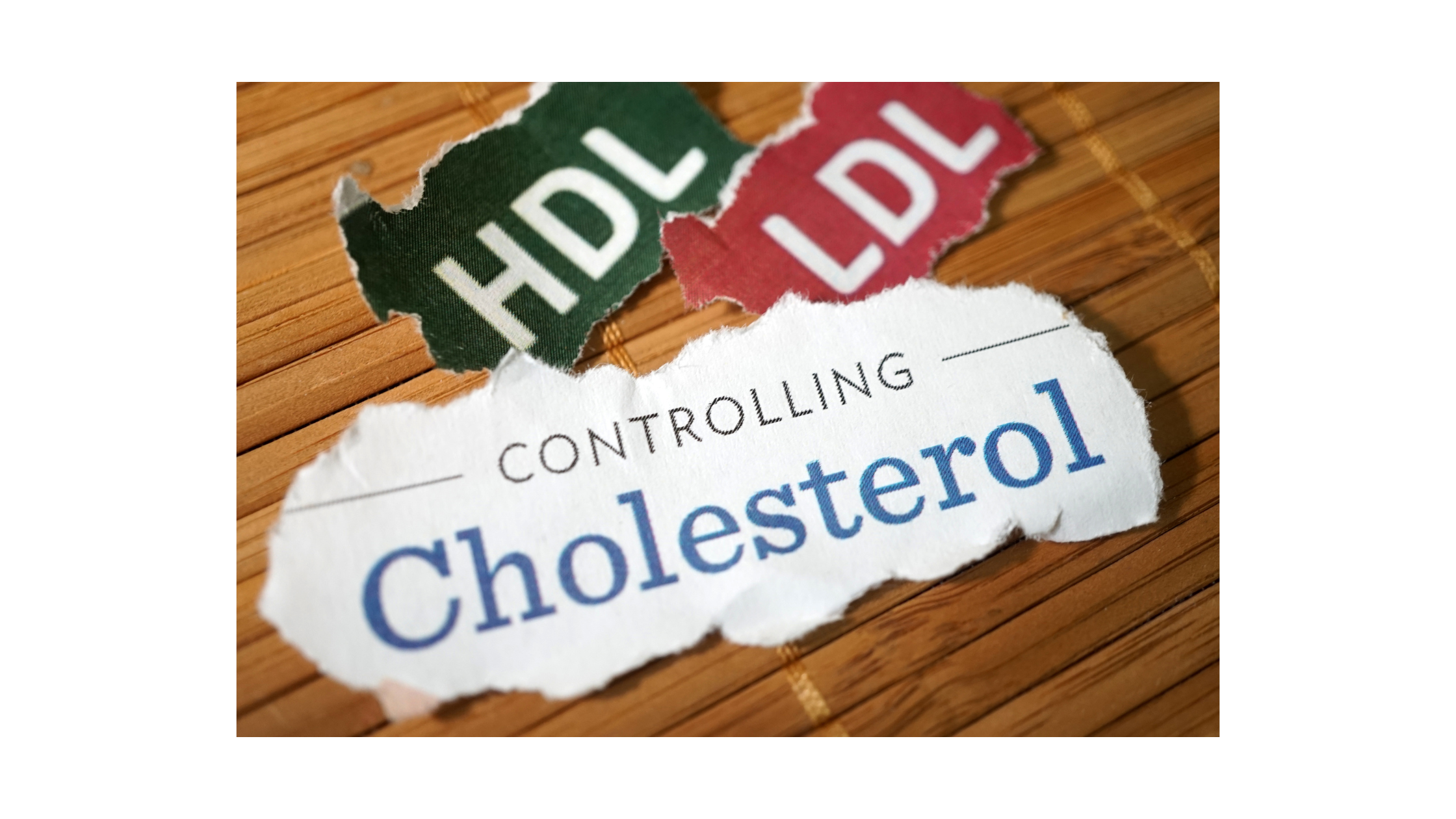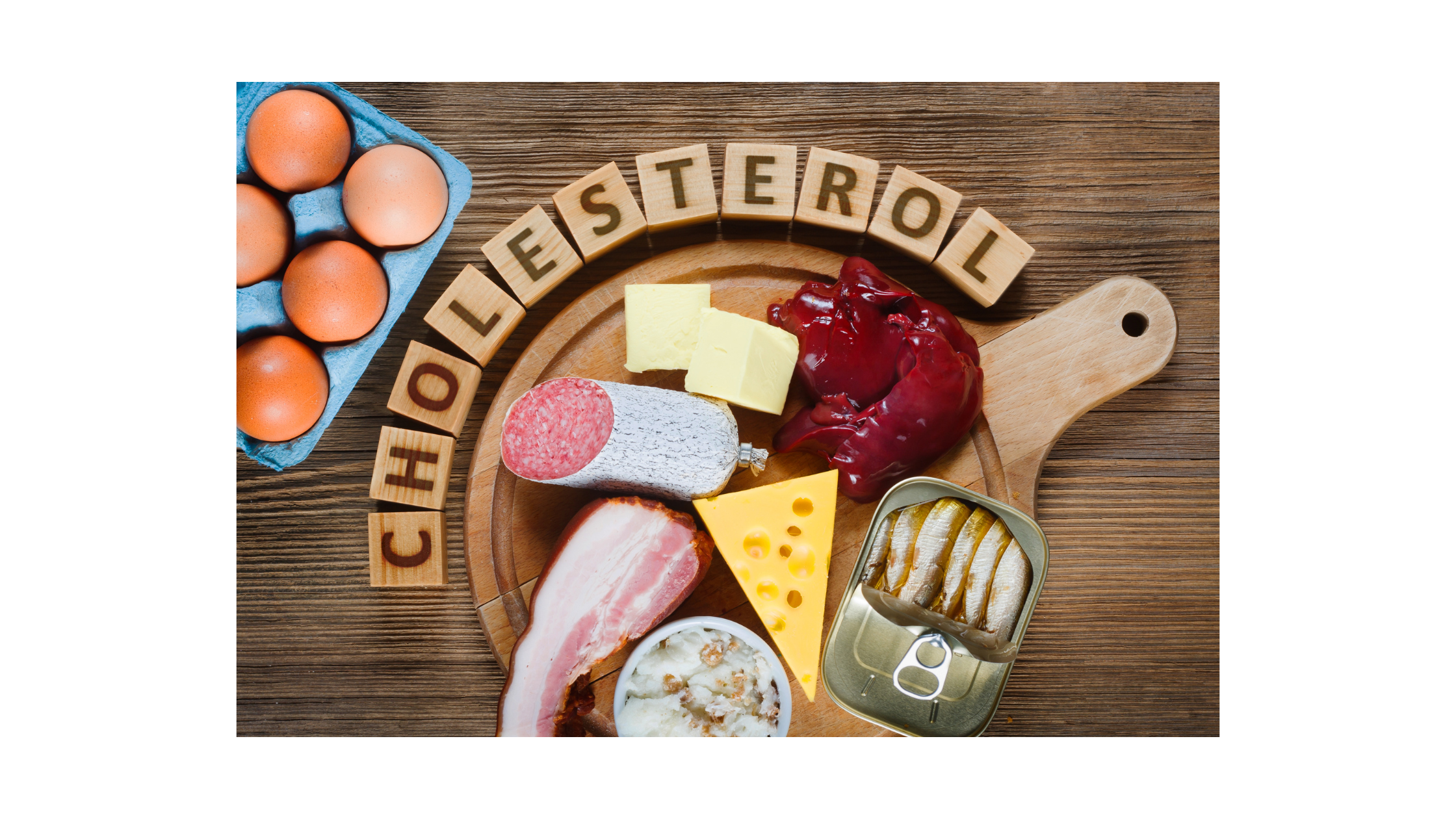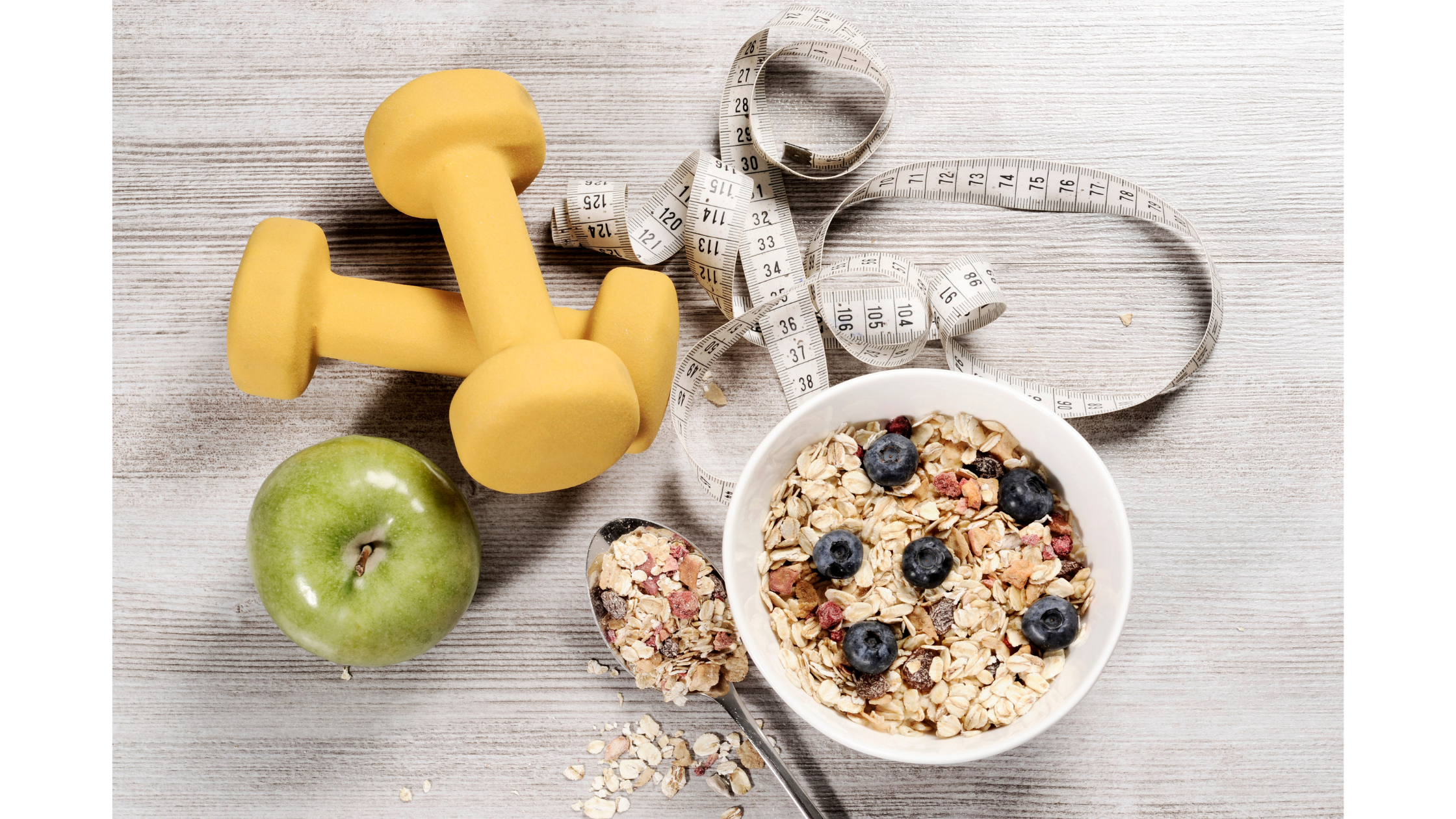Understanding High Cholesterol
Your Roadmap to Heart Health
Have you ever wondered what cholesterol is and why it matters to your health? High cholesterol, also known as hypercholesterolemia, is a common condition that can quietly endanger your cardiovascular health. In this comprehensive guide, we'll take you on a journey through the world of cholesterol, from its vital role in your body to the steps you can take to keep it in check.
What Is Cholesterol?
Cholesterol is a somewhat misunderstood substance. It's often labeled as "bad," but the truth is, it's an essential component of your body. Think of cholesterol as the building blocks of life. It plays a crucial role in:
Forming the structure of cell membranes.
Producing vitamin D.
Creating steroid hormones.
Aiding in the digestion of fats through bile acids.
You can find cholesterol coursing through your bloodstream, but it doesn't travel alone. Tiny molecules called lipoproteins transport it.
Signs, Symptoms, and Complications
Here's the tricky part about high cholesterol – it usually doesn't show any symptoms. You can have elevated cholesterol levels and not even know it until it's too late. So, how do you find out if your cholesterol is in check? The answer lies in a simple blood test known as a lipid panel.
A lipid panel measures various cholesterol components, including:
Total cholesterol
Triglycerides (the fats in your blood)
Low-density lipoprotein cholesterol (LDL-C, often called the "bad" cholesterol)
High-density lipoprotein cholesterol (HDL-C, the "good" cholesterol)
High cholesterol can lead to serious complications, such as:
Carotid artery disease
Coronary artery disease (think angina and heart attacks)
Peripheral artery disease
Stroke
What Causes High Cholesterol?
Your cholesterol levels are your body's way of signaling potential risks.
Here are some key culprits:
Certain health conditions, like chronic kidney disease, hypertension, and type 2 diabetes.
Medications such as cyclosporine, diuretics, and glucocorticoids.
Overindulgence in alcohol.
Genetics – some people inherit high cholesterol (familial hypercholesterolemia).
A diet rich in saturated and trans fats.
Being overweight or obese.
Physical inactivity.
Smoking.
Preventing and Managing High Cholesterol
Now, let's talk about taking charge of your cholesterol levels and overall heart health.
1. Diet: Your Heart's Best Friend
Your diet plays a central role in cholesterol management. Consider the American Heart Association's dietary recommendations as your roadmap. Here's a quick overview:
Avoid: Processed grains, red meats, high-fat dairy products, sugar-sweetened beverages, and sweets.
Enjoy: Fruits, vegetables, whole grains, fish, seafood, legumes, low-fat poultry, nuts, and low-fat dairy products.
DASH Diet: Proven to improve blood lipid levels and reduce cardiovascular risk.
2. Physical Activity: Get Your Heart Pumping
Regular physical activity isn't just good for your waistline; it's a heart-healthy habit. Aim for at least 40 minutes of moderate- to vigorous-intensity aerobic exercise three to four times a week. Activities like brisk walking, cycling, swimming, and dancing can make a significant difference.
3. Alcohol Moderation: Cheers in Moderation
While a glass of wine may seem heart-friendly, excessive alcohol intake can increase your total cholesterol. Stick to two standard drinks a day for men and one for women, and opt for healthier choices like red wine.
4. Quit Smoking: The Best Decision You'll Make
If you smoke, quitting is a critical step in reducing your cholesterol and overall cardiovascular risk. Seek support from friends, family, or professionals to help you kick the habit.
5. Weight Management: Shedding Pounds for Health
For those carrying extra weight, even a modest 5-10% weight loss can significantly improve cardiovascular risk factors, including cholesterol levels. It's a journey worth taking.
6. Dietary Supplements and High Cholesterol: A Potential Ally
In addition to dietary and lifestyle changes, some individuals turn to dietary supplements to help manage their cholesterol levels. While supplements should never replace a heart-healthy diet and lifestyle, they can sometimes offer additional support.
Some well-known dietary supplements that can help you on your journey:
Red Yeast Rice (Thorne, Designs for Health, NOW, Solaray)
CoEnzyme Q10 (Thorne, Pure, Nordic Naturals, Designs for Health)
Acetyl-L-Carnitine (Thorne, Pure, NOW, Designs for Health)
Fiber (Thorne, Pure, Nature’s Way, Designs for Health)
Vitamin C (Thorne, Pure, Nordic Naturals, Designs for Health)
Conclusion
Understanding high cholesterol is the first step towards a healthier heart. It's a condition that often lurks in the shadows, but with knowledge and lifestyle changes, you can take control. Remember, your heart is in your hands, and with the right choices, you can keep it ticking strong for years to come.
Make sure to consult with your healthcare provider for personalized guidance on managing your cholesterol levels and protecting your heart.
Supercharge your well-being while saving 20% discount on premium vitamin supplements.
Create your account at our online dispensary and seize the opportunity to enjoy an exclusive 20% discount at checkout.
References:
CDC. (2023, May 15). Get a Cholesterol Test | cdc.gov. Centers for Disease Control and Prevention. https://www.cdc.gov/cholesterol/cholesterol_screening.htm
Craig, M., Yarrarapu, S. N. S., & Dimri, M. (2023). Biochemistry, Cholesterol. In StatPearls. StatPearls Publishing. http://www.ncbi.nlm.nih.gov/books/NBK513326/
Blood Cholesterol - What is Blood Cholesterol? | NHLBI, NIH. (2022, March 24). https://www.nhlbi.nih.gov/health/blood-cholesterol
Arnett, D. K., Blumenthal, R. S., Albert, M. A., Buroker, A. B., Goldberger, Z. D., Hahn, E. J., Himmelfarb, C. D., Khera, A., Lloyd-Jones, D., McEvoy, J. W., Michos, E. D., Miedema, M. D., Muñoz, D., Smith, S. C., Virani, S. S., Williams, K. A., Yeboah, J., & Ziaeian, B. (2019). 2019 ACC/AHA Guideline on the Primary Prevention of Cardiovascular Disease: Executive Summary: A Report of the American College of Cardiology/American Heart Association Task Force on Clinical Practice Guidelines. Circulation, 140(11), e563–e595. https://doi.org/10.1161/CIR.0000000000000677
Huff, T., Boyd, B., & Jialal, I. (2023). Physiology, Cholesterol. In StatPearls. StatPearls Publishing. http://www.ncbi.nlm.nih.gov/books/NBK470561/
Karanchi, H., Muppidi, V., & Wyne, K. (2023). Hypertriglyceridemia. In StatPearls. StatPearls Publishing. http://www.ncbi.nlm.nih.gov/books/NBK459368/
Karr, S. (2017). Epidemiology and management of hyperlipidemia. The American Journal of Managed Care, 23(9 Suppl), S139–S148.
Dietary Guidelines for Americans | health.gov. (n.d.). Retrieved October 3, 2023, from https://health.gov/our-work/nutrition-physical-activity/dietary-guidelines
DASH Eating Plan | NHLBI, NIH. (2021, January 4). https://www.nhlbi.nih.gov/education/dash-eating-plan











